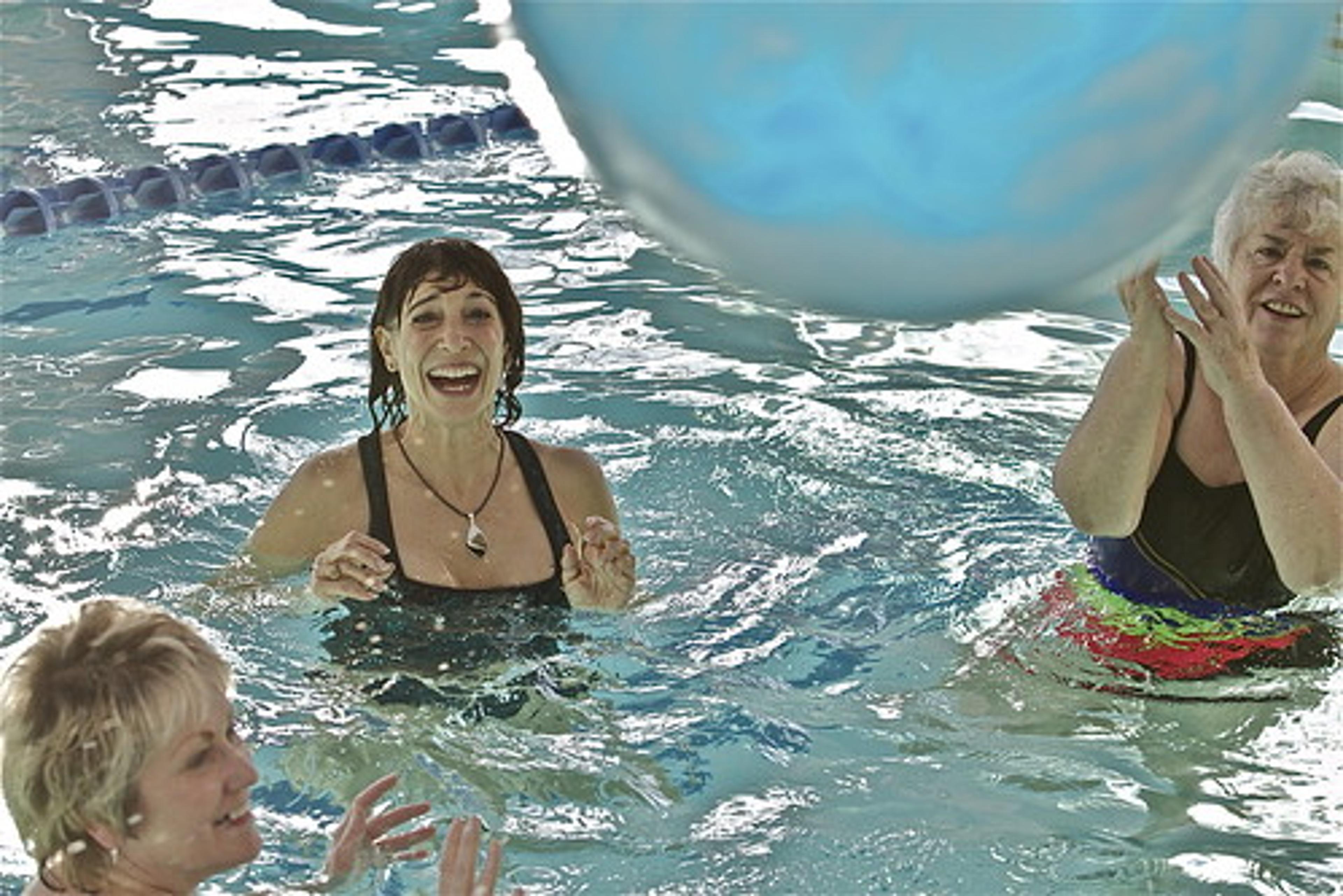Attention Baby Boomers: Exercising now can keep you feeling younger longer
Jodi Davis
| 4 min read

If you are between the ages of 40 – 65 and exercise on a regular basis, then I want to congratulate you for adding years to your life and life to your years! Research shows that because you exercise daily, you have a much LOWER risk of developing chronic health conditions that are often associated with aging. You can actually delay biological aging by up to 12 years if you engage in some form of fitness during this period of mid adulthood … which is music to my ears!
Recently it has been reported that the average life expectancy of a typical American is exceeding 78 years and that number is up from 1980 when the average was only 74 years. That’s where the good news ends. The United States is ranked 48th in the world when it comes to life expectancy, which surely leaves quite a bit of room for improvement. In order to do that more Americans must start to focus on lowering chronic diseases that have been continuously on the rise, particularly among people who are not yet elderly.
While it is true that life expectancy has increased, it is also true that people are now spending more years living with one or more chronic diseases, such as Alzheimer’s, colon or lung cancer, diabetes and heart disease, just to name a few. Many people in their middle-age are not in good health and researchers are referring to this situation as: “lengthening of morbidity.”
Is a prolonged life living with chronic diseases really what we all hoped for? I’m sure that it’s safe to say that we’re all hoping for just the opposite. Fortunately, we can live a long life without lengthening our morbidity. It can be done and with something as simple as daily exercise.
There was a study done University of Texas Southwestern Medical Center and the Cooper Institute in Dallas where medical records were gathered for the middle-aged men and women who had visited the clinic for checkups, going back to 1970. With an average age of 49, both the men and women were healthy and free of chronic diseases at their first middle-age check up. They took a treadmill test to determine their initial fitness, allowing researchers to divide this group into five different fitness categories.
The majority of the people were placed into the “least-fit” category, which is common where most Americans fall. Then the researchers checked the same individuals’ Medicare claim records when most of the participants were in their 70s or 80s. They discovered that those individuals who had been the least fit when they had their middle age checkup also were the most likely to have developed any of eight serious or chronic conditions early in the aging process. The individuals who had been the most fit during their middle age years found that some of these same chronic conditions occurred but much significantly later in life.
Basically put, being physically fit during the years of mid adulthood can compress the time that you’re likely to spend being debilitated during your old age. This not only gives you the ability to possibly spend several of your retirement years free of a serious illness, but most likely you will enjoy a finer quality of life! It’s a message for all who are age 40-65 (middle aged) that if you aren’t doing it yet, it is time to start exercising!
Exercising during these crucial years of your life can create some amazing benefits for you not only now, but much later in life as well. You can prolong your life along with lowering your chances of several chronic diseases and with a list of benefits that I have witnessed myself. It doesn’t take much exercise to receive these fabulous benefits either, only about 20 to 30 minutes of walking a day. It’s fun, it’s free and you can walk anywhere, with anyone, at any time of day … and at any age!
Photo credit: Tennessee State University





